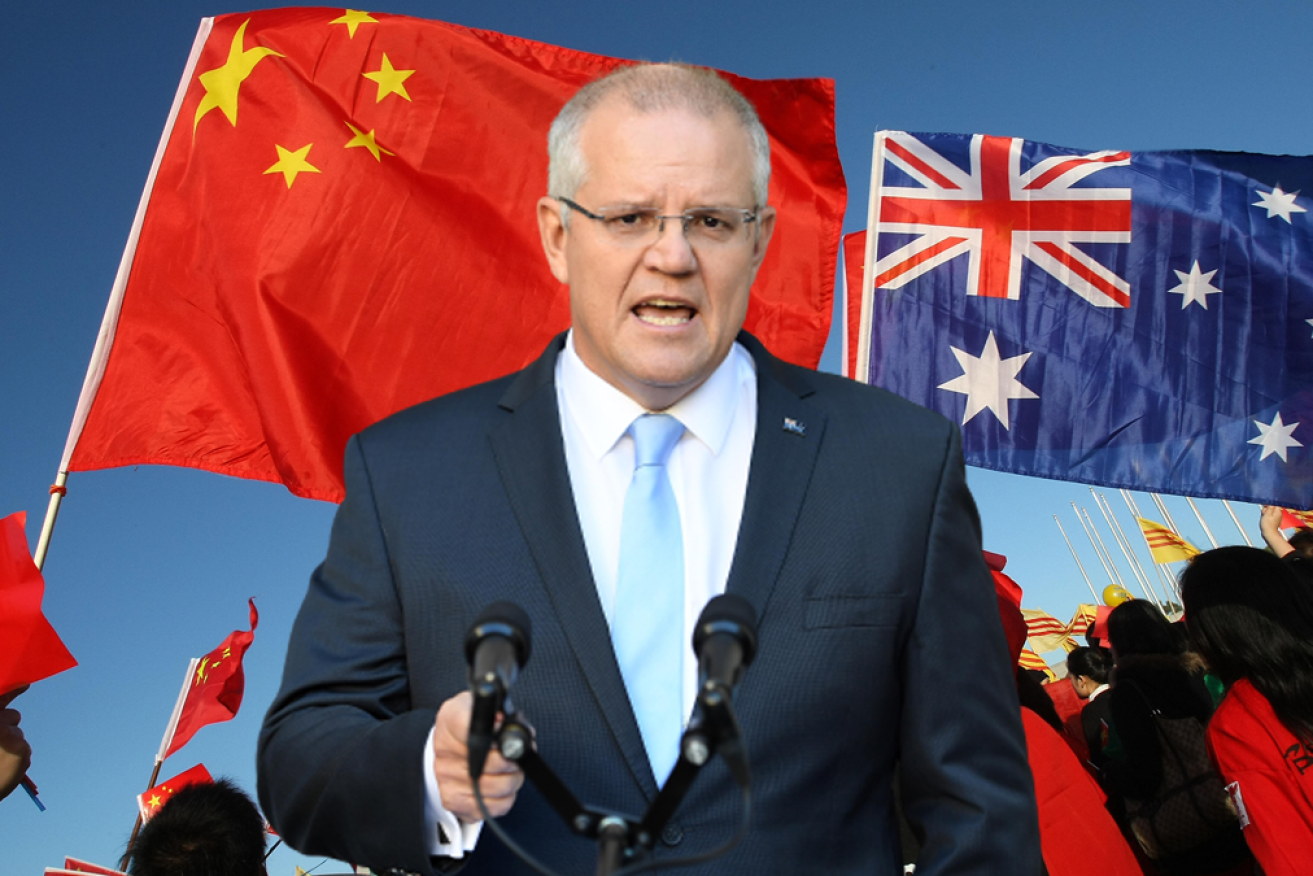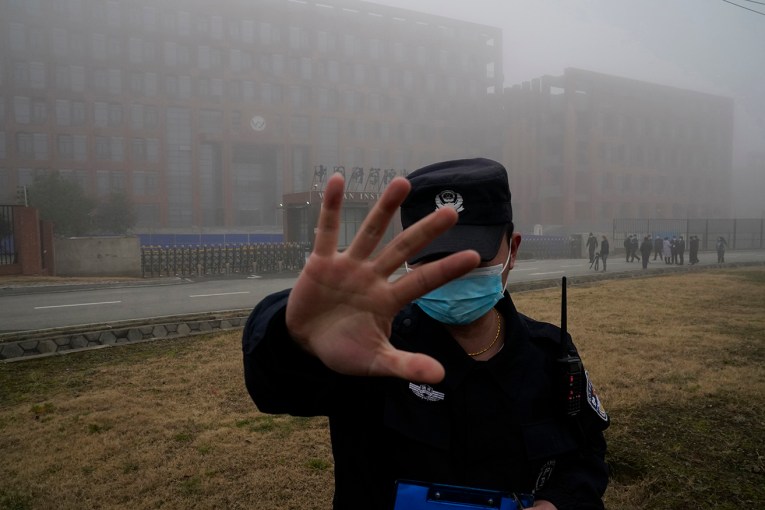Our diplomatic boycott of the Beijing Winter Olympics may do nothing but provoke China


Australia's relations with China are now front and centre. Photo: TND
The Australian government’s decision to send athletes, but not diplomats, to the 2022 Winter Olympics in Beijing has angered China and pleased the US, but experts say it does little to improve human rights.
Australia’s announcement came a day after the Biden administration said it wouldn’t send any diplomats or officials to the Games to protest against China’s human rights record.
“I’m doing it because it’s in Australia’s national interest,” Prime Minister Scott Morrison said on Wednesday.
It’s the latest confrontation as Australia orients further from China towards the US on the world stage.
Chinese state press hit back by calling Australia the “No.1 US lackey”.
The Chinese embassy in Canberra later released a statement saying that “the blame for the current predicament of China-Australia relations lies squarely on the Australian side”.
“The Australian side’s statement that it will not send officials to the Beijing Winter Olympics runs counter to its publicly pronounced expectation to improve China-Australia relations,” the statement read.
Why is Australia boycotting the Beijing Winter Olympics?
Both Australia and the US cited the ongoing genocide against Uyghur Muslims in Xinjiang as a key reason for not wanting to attend the Winter Games.
“The Chinese government has consistently not accepted […] opportunities for us to meet about these issues,” Mr Morrison said.
“So it is not surprising that Australian government officials would therefore not be going to China for those Games.”
On Monday, before the Australian announcement, several politicians from both sides of politics called for a boycott.
“We hold deep concerns about ongoing human rights abuses in China, including towards Uyghurs and other ethnic and religious minorities, and about athlete safety given questions about the treatment of tennis player Peng Shuai,” Penny Wong said in a statement.
Human Rights Watch China director Sophie Richardson called the move “a crucial step toward challenging the Chinese government’s crimes against humanity targeting Uyghurs and other Turkic communities” but said the government should go even further.
Will a boycott work?
Olympic scholar Richard Baka noted in The Conversation that in the past, countries that boycotted the Olympics didn’t show up at all.
A so-called diplomatic boycott is a recent invention.
With Australian athletes still due to compete, the Games will likely go on as normal.
Professor James Laurenceson, director of the Australia-China Relations Institute at UTS, noted that other countries in the region either haven’t announced diplomatic boycotts, or in the case of New Zealand, did so subtly without attacking China.
“We once again look like we’re leaping from the pack to follow Washington,” he told The New Daily.
Strict quarantine rules in China mean that most countries would likely keep their delegations to a minimum anyway, and a diplomatic boycott is needlessly provocative.
“It’s going to make no positive difference to human rights in China whatsoever,” Professor Laurenceson added.
However, he said the move was in line with the Morrison government’s “hawkish” stance towards China in the past 18 months.








